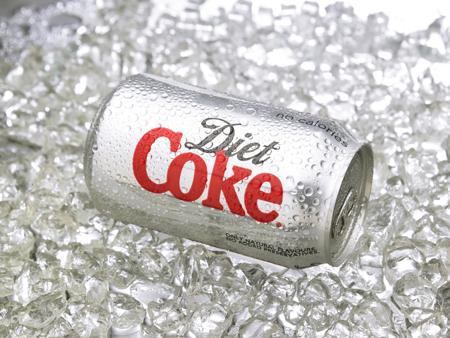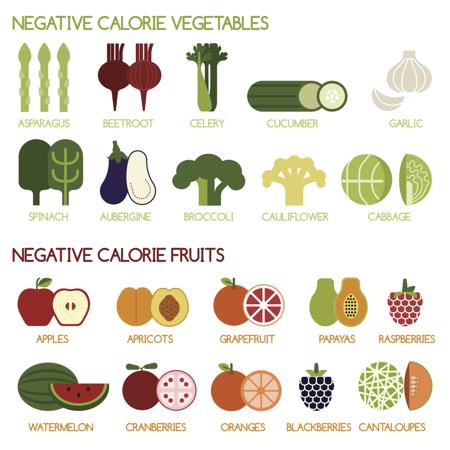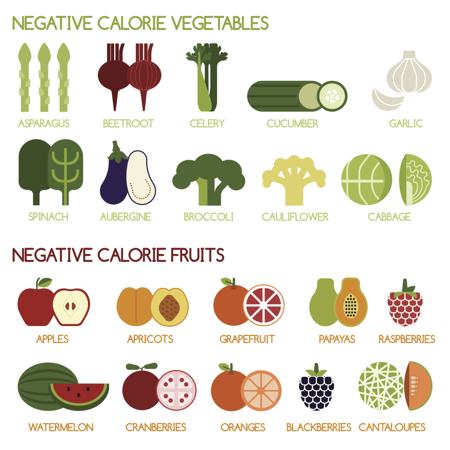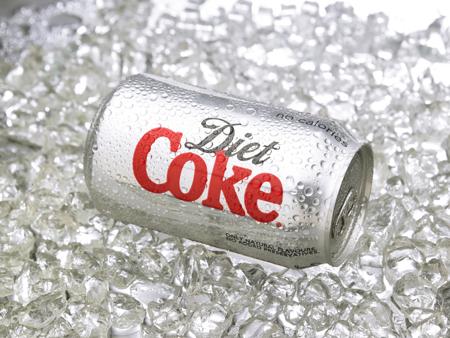Can Vitamin D Lower Your Risk of COVID-19?
Some studies have found that individuals with lower levels of vitamin D may be more susceptible to COVID-19 infection and have more severe outcomes. This has led to speculation that vitamin D supplementation may help reduce the risk of COVID-19 or improve outcomes in those who become infected. However, randomized controlled trials, regarded as the gold standard of scientific evidence, are necessary to determine whether vitamin D supplementation has any effect on COVID-19 risk or severity.
It's important to note that vitamin D plays various important roles in human health, including immune system function. Maintaining sufficient vitamin D levels is generally crucial for overall health, but whether it specifically influences COVID-19 risk or outcomes is still a matter of active scientific investigation.
Therefore, while it's essential to maintain adequate vitamin D levels through dietary sources and, if needed, safe supplements when recommended by a healthcare professional, relying on vitamin D alone as a preventive or therapeutic measure for COVID-19 is not supported by conclusive scientific evidence at this time.
-
Low Calorie Food List
An often followed or advised general guideline is to lose 1lb/week. 1
-
Low Calorie Fast Food Choices
If you have vowed to eat healthy and consume a low calorie diet, then
-
Low Calorie Mixed Drinks
Preparing cocktails when first thought of back in the day, was a great
-
Very Low Calorie Diet
A very low calorie diet (VLCD) is a supervised diet that is overseen b
-
Low-calorie Vegetables and Fruits
Losing weight is one of the most important and discussed topics among
-
2000 Calorie Diet Plan
A moderately active adult (30-60 minutes of exercise thrice a week) ne



